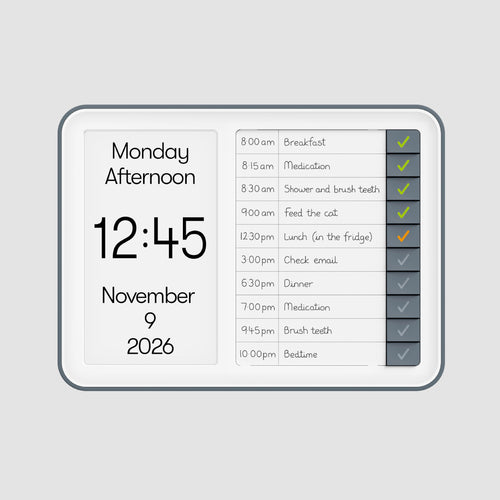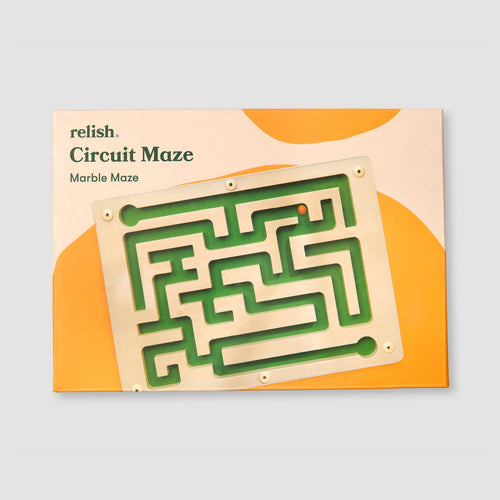If you or somebody you care about has been diagnosed with dementia, managing finances is rarely the first thing that comes to mind. However, planning ahead for how you and your family will deal with the logistics can be great help later in the dementia journey.
Conversations about dementia and finances may be uncomfortable so making sure you and your loved one have an open dialogue about the costs of both everyday living and dementia care.
Someone Living with Dementia
If you’ve recently been diagnosed with dementia and you still feel like you can make decisions and manage your finances you should consider setting up an LPA (Lasting Power of Attorney) for your property and financial affairs. Choose somebody you trust to act as your attorney on your behalf if a time comes when may no longer be able to make financial decisions.
Ensure that all of your household bills like water, electricity and gas are all set up as a standing order to come out on the correct date so you don’t have to worry about paying them yourself. Make sure any income you receive like your retirement fund goes to into the same bank account so you don’t have to worry about transferring money.
Consider getting a chip and signature card which don’t require a PIN or contactless cards which can both help with the frustration of remembering PIN numbers.
Use other methods of banking such as online or telephone to keep track of your finances if you are unable to physically visit a bank. Ask for help if you are unsure how to use online banking, or use telephone banking where you can discuss through any changes or issues with someone on the phone.
Caring for Someone with Dementia
If you feel your loved one may need assistance managing their finances it is important that this is discussed in a calm and sensitive manner. For someone living with dementia, taking practical steps like the ones above can help make dealing with everyday finances easier, but it’s also important to consider when further assistance is needed.
A Property and Financial Affairs Lasting Power of Attorney, gives you have ability to make decisions about your loved ones money or property. You will have the rresponsibility to manage their bank or building society account, pay their bills, collect their benefits or pensions and perhaps even sell their home should your loved one need to move.
A Health and Welfare Lasting Power of Attorney gives you the power to make decisions about your loved ones daily routine (washing, eating, dressing), medical care, living arrangements and any health related treatments.
It is important to discuss these options early on with your loved one to engage in an open dialogue about their thoughts and wishes on finances and long term plans. By discussing financial assistance with your loved one can help remove burdens and stresses associated with money.






















